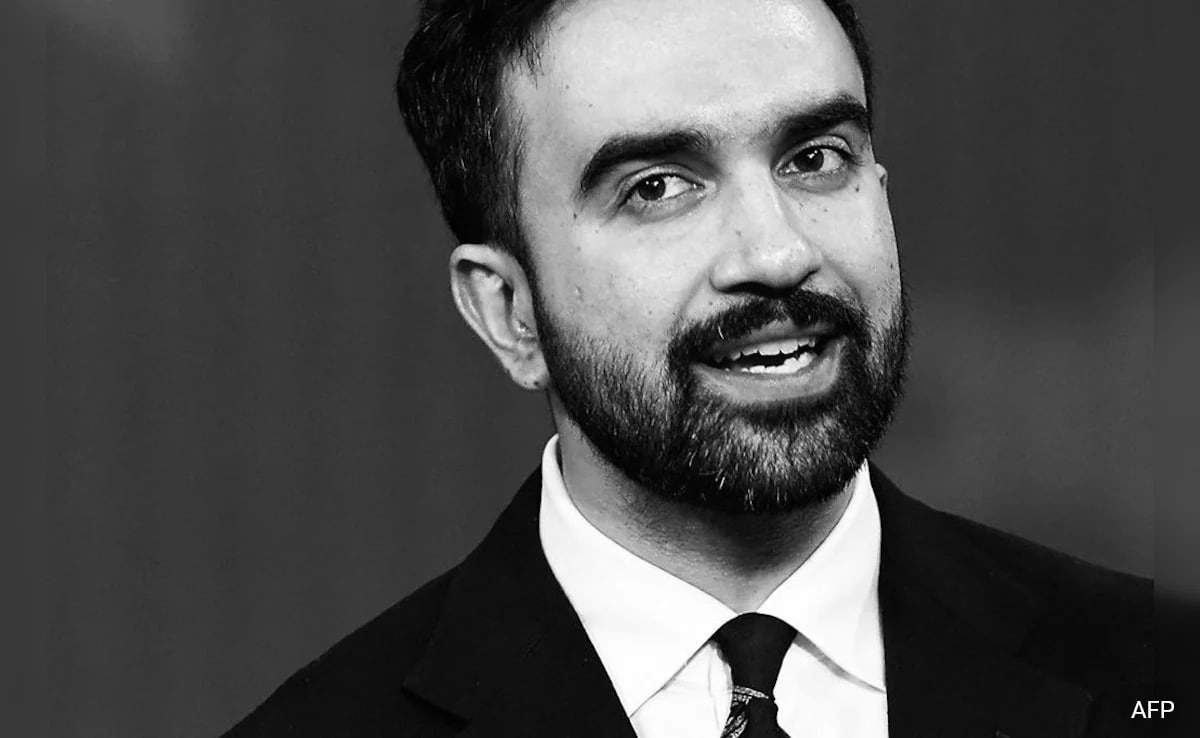Some West Africans bemoaned a democratic backslide. Others celebrated the downfall of an unpopular leader who, critics say, enabled foreign mining companies to wreck farmland and drinking water.
The aluminum industry simply shuddered.
Analysts warned of potential turbulence â âmilitary juntas are notoriously fickle,â one British consultancy noted â as the prices of Guinean bauxite shipments to China, its top customer, hit an 18-month high.
The Russian firm Rusal, one of the planetâs biggest aluminum producers, threatened to evacuate its workers from Guinea, and the cost of aluminum clung to a 10-year peak. Researchers said shoppers around the globe could expect a financial jolt if the flow of bauxite ruptured.
âThe uncertainty in Guinea could put cost pressure on the value chain for anything that contains primary aluminum,â said Alan Clark, an Australian bauxite analyst. âThe consumer pays more.â
Miners can only await clarity from the new military rulers, Eric Humphery-Smith, a British risk consultant, wrote in a snap-reaction to the takeover.
By Tuesday, no evidence surfaced of a production drop-off. Still, he added, fresh contract negotiations or even state property seizures âcannot be discounted.â
In Conakry, the capital, the coup leader offered conflicting messages on the issue.
Col. Mamady Doumbouya, head of the nationâs special forces, declared it was time to harness Guineaâs earthen heritage for the people â nearly half of whom live in poverty.
âOur country does not suffer from a lack of human resources, and even less is it the victim of a precariousness of natural resources,â Doumbouya said in a Sunday broadcast. âNo, our ills are a lack of political courage.â
The next day, amid the investor freakout, the colonel clarified that mining activity in the nationâs northwest would continue unfettered as the junta forged a transition government.
Guinea accounted for a tiny sliver of global bauxite production when Condé took office in 2010.
Eleven years later, that share had surged to 22 percent â thanks to a massive deal the president had struck with China. Beijing agreed in 2017 to loan Conakry $20 billion for much-needed infrastructure over the next two decades in exchange for bauxite concessions.
These days, more than two dozen international firms mine in the country, including companies from the United States, France and Australia.
Politicians and civil servants in Conakry are pushing the junta to ensure Guineans net the biggest profits. Mining accounts for 35 percent of the economy, and Cellou Dalein Diallo, the nationâs top opposition leader, said people are eager to hear the junta chiefâs plan for reform.
âWill he fight corruption?â Diallo asked. âWill he protect the environment and the population from the exploitation of this wealth?â
Guineaâs nicest roads tend to be near the mines. Paved routes elsewhere are marred by potholes. Other basics â schools, hospitals, the electrical grid â are in dire need of improvement, researchers say.
A recent Human Rights Watch report, meanwhile, found that mining is imperiling thousands of acres of cropland, as well as water supplies, in a region where most families subsist on agriculture.
The bauxite extraction has persisted for decades â through three coups dâetat. Residents regularly speak out against the projects. A week before the coup, women in one mining town blocked a railway used to transport bauxite in protest.
âPeople see the bauxite pass, but they do not feel the benefits,â said Aboubacar Sidiki Mara, secretary general of the General Union of the Workers of Guinea, which represents thousands of miners.
The rock extractors make an average of $5 per day, Mara said, and they often work in hazardous environments. Companies face little to no oversight, fueling a hotbed of labor abuses.
âThe evil of our country,â Mara said, âlies in the weakness of our institutions.â
Borso Tall in Dakar contributed to this report.
Read more:
.png)











 English (United States) ·
English (United States) ·  Turkish (Turkey) ·
Turkish (Turkey) ·